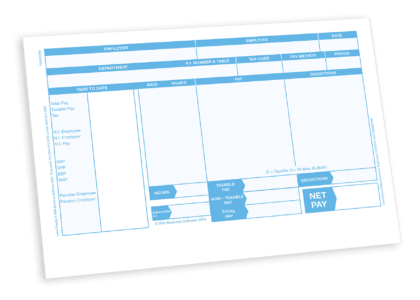Labour legislation plays a crucial role in ensuring fair and equitable treatment of employees, protecting their rights, and fostering a conducive work environment. Turkey, as a rapidly developing country, has recently undergone significant updates to its labour laws. This article aims to provide a comprehensive overview of the latest labour legislation updates in Turkey, shedding light on the key changes and their potential impact on workers and employers alike.
- Introduction of Flexible Working Arrangements:
One notable development in Turkey’s labour legislation is the introduction of flexible working arrangements. The amendment allows employees and employers to negotiate alternative work patterns, such as part-time work, remote work, and flextime. This change enables a better work-life balance, increased productivity, and greater job satisfaction for employees. It also allows employers to adapt to changing market demands and optimize resource allocation.
- Strengthening Protection for Fixed-Term Workers:
In an effort to enhance the rights of fixed-term workers, Turkey has implemented amendments to ensure equal treatment between fixed-term and indefinite-term employees. The changes prohibit discrimination against fixed-term workers in terms of wages, working conditions, and social benefits. These amendments aim to provide more stability and security for employees engaged in fixed-term contracts.
- Improved Maternity and Paternity Rights:
Recognizing the importance of supporting working parents, Turkey has introduced measures to enhance maternity and paternity rights. The updated legislation provides extended maternity leave, granting new mothers 16 weeks of fully paid leave. Additionally, fathers are now entitled to 10 days of fully paid paternity leave. These changes aim to promote gender equality, encourage parental involvement, and support the overall well-being of families.
- Strengthening Occupational Health and Safety:
Turkey has taken significant steps to prioritize occupational health and safety through recent labour legislation updates. The amendments emphasize the employer’s responsibility to create a safe working environment, including risk assessment, preventive measures, and employee training. The enhanced regulations aim to reduce workplace accidents, injuries, and illnesses, safeguarding the well-being of workers across various industries.
- Enhancing Union Rights and Collective Bargaining:
To reinforce workers’ rights to freedom of association and collective bargaining, Turkey has introduced reforms aimed at strengthening union rights. The amendments simplify the unionization process, allowing workers to join trade unions more easily and enhancing the bargaining power of collective agreements. These changes empower workers to voice their concerns, negotiate better working conditions, and ensure fair treatment in the workplace.
- Introduction of a Remote Work Framework:
The COVID-19 pandemic accelerated the adoption of remote work worldwide, prompting Turkey to establish a legal framework for remote work arrangements. The updated legislation clarifies the rights and obligations of both employers and employees in remote work settings, ensuring fair treatment, maintaining productivity, and safeguarding the work-life balance. The framework provides guidelines for issues such as remote work agreements, data protection, and compensation.
- Enhancing Protection for Platform Workers:
Recognizing the growing gig economy and the rise of platform work, Turkey has implemented measures to protect the rights of platform workers. The new legislation ensures these workers have access to social security benefits, health coverage, and fair working conditions. By extending legal protection to platform workers, the amendments aim to address potential exploitation and promote decent work in the digital economy.
Conclusion
The recent labour legislation updates in Turkey demonstrate the country’s commitment to improving the rights and well-being of workers. Through these reforms, Turkey aims to create a fair, inclusive, and productive work environment that aligns with international standards. The introduced changes encompass various aspects, including flexible working arrangements, strengthened protection for fixed-term workers, improved maternity and paternity rights, enhanced occupational health and safety, and the promotion of union rights and collective bargaining. These legislative updates contribute to fostering a more balanced and equitable labour market, benefiting both employees and employers in Turkey’s evolving economy.





